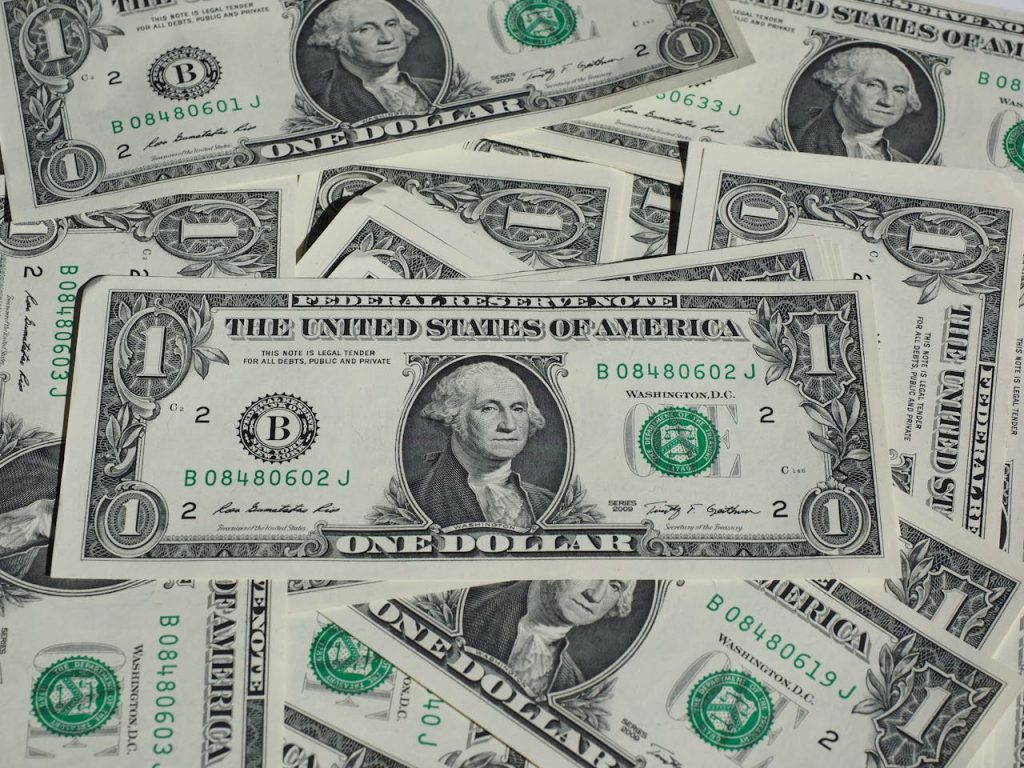
Banking is supposed to make life easier, right? For many, it’s a gateway to financial security, a place to stash savings, and a tool for building credit. But for millions of low-income Americans, using a bank can feel more like a minefield than a safety net. The reality is, bank fees and policies often hit those with the least money the hardest. If you’ve ever wondered why it sometimes feels like you’re paying just to access your own cash, you’re not alone. Let’s break down the five biggest ways poor people are penalized just for using a bank—and what you can do to fight back.
1. Overdraft Fees: A Costly Safety Net
Overdraft fees are one of the most notorious bank fees, and they disproportionately affect people living paycheck to paycheck. When your account dips below zero, even by a few dollars, banks can charge you $35 or more per transaction. According to the Consumer Financial Protection Bureau, Americans paid over $15 billion in overdraft and non-sufficient funds (NSF) fees in 2019 alone, with low-income customers bearing the brunt.
For someone struggling to make ends meet, a single overdraft can trigger a cascade of fees, making it even harder to recover. Some banks even allow multiple overdraft charges in a single day, quickly turning a small mistake into a financial crisis. To avoid this, consider opting out of overdraft protection, setting up low-balance alerts, or choosing a bank that offers no-overdraft-fee accounts.
2. Minimum Balance Requirements: A Barrier to Entry
Many banks require customers to maintain a minimum balance—sometimes $500 or more—to avoid monthly maintenance fees. For low-income individuals, keeping that much money in an account at all times is simply unrealistic. If your balance falls below the threshold, you could be hit with a monthly fee ranging from $5 to $15, which adds up quickly.
These bank fees essentially penalize people for not having enough money, creating a vicious cycle. If you’re struggling with minimum balance requirements, look for banks or credit unions that offer no-minimum-balance accounts. Online banks and community credit unions often have more flexible options, so shop around before opening an account.
3. Check Cashing and Deposit Delays: Waiting for Your Own Money
If you don’t have direct deposit, cashing a check can be a hassle and expensive. Some banks charge non-customers a fee to cash checks, and even account holders may face long holds on deposited funds. For people who need immediate access to their money, these delays can mean bounced payments, late fees, or even going without essentials.
Pew Charitable Trusts report, check hold times have improved, but delays still disproportionately affect low-income customers. If you’re tired of waiting, ask your employer about direct deposit, or consider using a bank with faster funds availability. Some online banks and prepaid cards offer instant access to deposits, which can be a game-changer.
4. ATM Fees: Paying to Access Your Own Cash
ATM fees are another way bank fees chip away at your hard-earned money. Using an out-of-network ATM could result in charges twice—once by your bank and once by the ATM owner. According to Bankrate, the average total cost for using an out-of-network ATM in 2023 was $4.73 per transaction.
These fees are almost unavoidable for people in banking deserts or neighborhoods with few bank branches. To minimize ATM fees, try to use your bank’s ATMs whenever possible, withdraw larger amounts less frequently, or choose a bank that reimburses out-of-network ATM fees. Some online banks even offer unlimited ATM fee reimbursements, which can save you hundreds each year.
5. Account Closure and Reopening Fees: The Cost of Starting Over
Life happens—sometimes you miss a payment, your account goes negative, or you simply can’t keep up with the fees. When that happens, banks may close your account and report you to ChexSystems, a database used by most banks to screen new customers. Getting back into the banking system can be tough, and some banks charge hefty fees to reopen an account or require you to pay off old debts first.
This can leave people relying on expensive alternatives like check-cashing stores or prepaid cards, which often come with their own set of fees. If you’re struggling to keep your account open, reach out to your bank and ask about hardship programs or second-chance accounts. Many credit unions and community banks offer options for people with a troubled banking history.
Breaking the Cycle: How to Take Control of Your Banking Experience
Bank fees shouldn’t stand between you and financial stability. If you’re tired of being penalized just for using a bank, know that you have options. Start by reviewing your current account terms and looking for hidden fees. Don’t be afraid to switch banks if you find a better deal—many online banks and credit unions offer low-fee or no-fee accounts designed for people on a budget. Educate yourself about your rights as a consumer, and don’t hesitate to ask questions or negotiate with your bank. Remember, your money should work for you, not the other way around.
How have bank fees affected your financial journey? Share your experiences or tips in the comments below!
Read More
Champagne Dreams on a Beer Budget: The Pricey Purchases That Still Say You’re Broke
The Financial Advisor Hall of Shame: 10 Moves That Scream Don’t Hire Me
The post 5 Ways Poor People Are Penalized Just for Using a Bank appeared first on The Free Financial Advisor.







